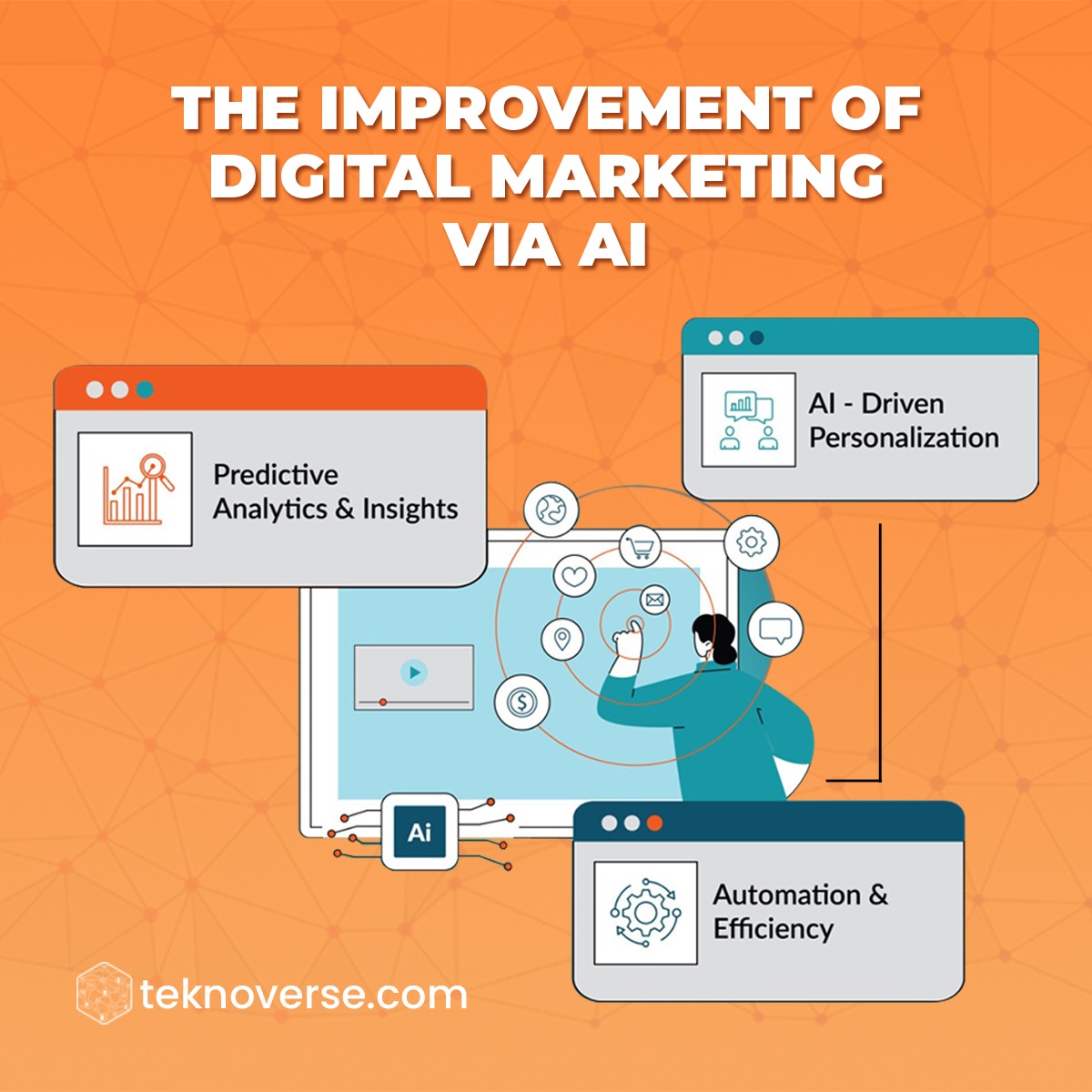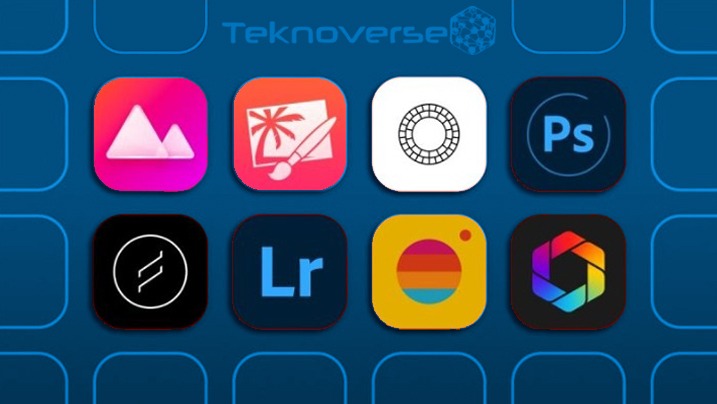
AI in mobile applications is emerging as a prominent technological trend, with businesses increasingly integrating artificial intelligence to create distinctive features, interactive designs, and personalized user experiences.
From voice assistants and facial editing to e-learning, image manipulation, predictive analytics, and automation, AI equips mobile apps with advanced capabilities that meet the expectations of today’s users. For enterprises, artificial intelligence represents a potent tool that empowers mobile apps to perform complex tasks and cater to the evolving needs of users.
Nevertheless, implementing AI in mobile app development demands a deep understanding and expertise due to its intricacy and advanced nature. If you’re considering the development of AI-powered mobile apps, this guide will provide you with comprehensive insights into the crucial aspects of incorporating artificial intelligence into mobile app development.
This guide will help you gain a better understanding of the scope of AI in app development and its overall benefits. So, let’s get started.
What is Artificial Intelligence? Artificial intelligence is a technology that replicates human intelligence processes in software applications or computer systems, enabling them to perform tasks. AI enables machines and software to learn from experience, adapt to new inputs, and execute tasks akin to those performed by humans. Its capabilities encompass natural language processing, speech recognition, predictive analysis, and machine vision. Artificial intelligence is the amalgamation of deep learning, computer vision, and machine learning, providing systems with the ability to make automated and self-directed decisions.
Understanding AI in Mobile App Development AI in mobile app development refers to the process of harnessing artificial intelligence capabilities to create mobile applications. This encompasses the conceptualization, design, programming, and development of AI and machine learning-powered features that go beyond what can be achieved with conventional technologies. By implementing AI algorithms, developers infuse mobile apps with intelligent functions and innovative features. AI-powered mobile apps possess the capacity to make real-time decisions and adapt to diverse user requirements. These capabilities not only make mobile apps intelligent and high-performing but also allow them to effectively integrate with other emerging technologies, such as IoT, wearables, blockchain, AR/VR, and more. Consequently, AI has emerged as one of the leading mobile app development trends in 2023, given its increasing adoption across the industry.
Prominent Examples of AI Apps:
- Alexa
- Cortana
- Facetune
- Lensa
- Edison Assistant
- Elsa
- Google Allo
- Google Assistant
- Youper
- Replika
- Robin
- Siftr Magic
- Socratic
Current State of AI in the Mobile App Development Industry Artificial intelligence is a cutting-edge technology replete with next-generation features and capabilities. It serves as a boon to mobile app developers and businesses seeking to create innovative apps rich in modern features. AI empowers developers and app development companies to craft high-performance mobile apps.
Currently, organizations and startups are increasingly integrating AI into mobile app development to construct intelligent solutions and enhance the user experience. The rapid rise in the incorporation of artificial intelligence in mobile app development is evident from recent market statistics:
- Gartner reports that 37% of organizations have already integrated AI into their systems, with this figure expected to surge by 270% in the coming years.
- According to Statista, the global artificial intelligence software market is estimated to reach $126 billion by 2025.
- A report by Servion Global Solutions predicts that 95% of customer interactions will be powered by artificial intelligence.
- ResearchandMarkets forecasts that the global mobile artificial intelligence (AI) market is projected to reach $34.56 billion by 2028, exhibiting a CAGR of 25.12%, up from $11.27 billion in 2023.
How AI Enhances Mobile App Development:
- Natural Language Processing (NLP): AI empowers mobile apps to harness NLP, enabling them to comprehend human language in both text and audio formats and generate desired outcomes. This is invaluable for applications in customer service, product search, online education, and e-learning, with AI and ML models facilitating features like sentiment analysis, text classification, auto-correction, and speech recognition.
- Machine Learning: Machine learning, a fundamental component of AI, enables software applications to predict outcomes based on collected data. ML-based applications possess self-learning capabilities, allowing them to gather data and analytics for forecasting and producing desired results.
- Emotion Recognition: AI equips mobile apps with the ability to discern human emotions from facial expressions, tone of voice, and image processing. This technology aids in detecting emotional patterns and tailoring user preferences and offerings accordingly.
- Chatbots: The development of chatbots, a burgeoning trend in mobile app development, is empowered by AI. AI chatbots find application in customer service, data collection, and other domains, with many offering advanced conversational UI features. These chatbots, backed by AI, execute complex tasks swiftly.
Key Benefits of Employing AI in Mobile App Development: AI is elevating the quality and functionality of mobile apps, meeting user demands for features such as face editing, voice assistance, language learning, and more. Notable AI-based mobile apps like Google Assistant, Amazon Alexa, Replika, FaceApp, ELSA, SnapChat, Socratic, Duolingo, and Lensa are contributing to this trend. Companies and organizations incorporating AI into their apps experience improved efficiency and performance. The surge in AI usage in mobile app development can be attributed to the following reasons:
- Enhanced User Behavior Analysis: AI aids in comprehending user behavior, a pivotal aspect for businesses in formulating effective marketing strategies. AI-powered mobile apps track user activities using ML algorithms and NLP, providing insights into customer behavior for personalized user experiences. For instance, Netflix utilizes AI algorithms to recommend content based on user preferences.
- Conversational User Interface (UI): AI enriches mobile apps with interactive features, offering users a human-like conversation experience. This feature enhances user engagement and interaction. Businesses deploy AI-based conversational UI in chatbots to improve customer service, with AI chatbots achieving significant engagement and conversion rate increases.
- Automated Reasoning: AI streamlines the development of complex in-app functionalities, reducing the need for extensive coding and programming. In applications like ride-sharing platforms, AI accelerates route planning through rapid execution of AI and ML algorithms.
- Predictive Intelligence: AI and ML enable mobile apps to intelligently gather user data and provide personalized offers, enhancing user engagement and conversion rates.
- Robust Security: AI enhances data security, a paramount concern in today’s digital landscape. Mobile apps are fortified with advanced security features such as biometric authentication, facial recognition, and voice recognition to safeguard user data from hacking and cyber threats.
Conclusion Artificial intelligence is a transformative and highly intelligent technology that equips systems and applications to perform advanced tasks. The demand for AI in mobile app development is surging, with businesses, startups, and entrepreneurs seeking to harness its capabilities. Building AI-powered apps may pose challenges for startups, necessitating the assistance of leading mobile app development companies with the expertise to create feature-rich, high-performance applications.
Source medium.com








